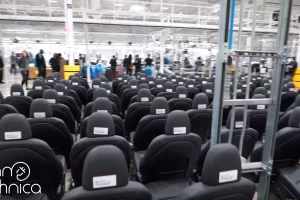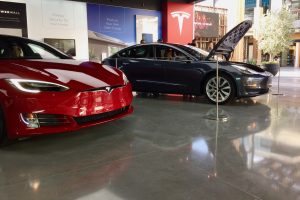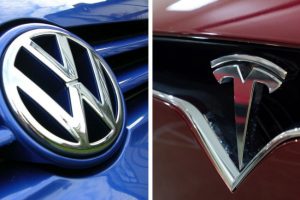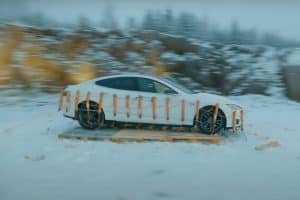As mobility changes drastically in this brave, new, COVID-impacted world, there are increasing signs that electric transportation can pivot us towards a better future.
Clean Air
It doesn’t take a scientist to notice that there’s less smog in major cities as a result of reduced transportation (and manufacturing emissions). A recent report in Forbes asserts that up to 77,000 deaths were avoided in China due to reduced air pollution. People in Punjab can see the Himalayas for the first time in decades, and Los Angeles has enjoyed its longest stretch of clean air since 1980.
This rare good news, amidst current crises, highlights the improvement in life quality that awaits us if we continue to transition from fossil fuels to electric transportation. An MIT study estimates that 53,000 Americans die prematurely from the particulate matter and ozone that comes out of tailpipes each year, which is nearly double the number of people who die in traffic accidents. Minorities and frontline communities are also disproportionately affected by pollution. And a recent study led by the University of Toronto estimates that each gas car, replaced by an EV, brings $10,000 in social benefits due to improved air quality.
All this clean air offers additional motivation to electrify transportation and help maintain the clear skies we’ve been able to witness for the first time in decades. EV enthusiasts don’t usually put life or death on top on the list for why people should switch to electric transportation, but maybe COVID has taught us that we should.
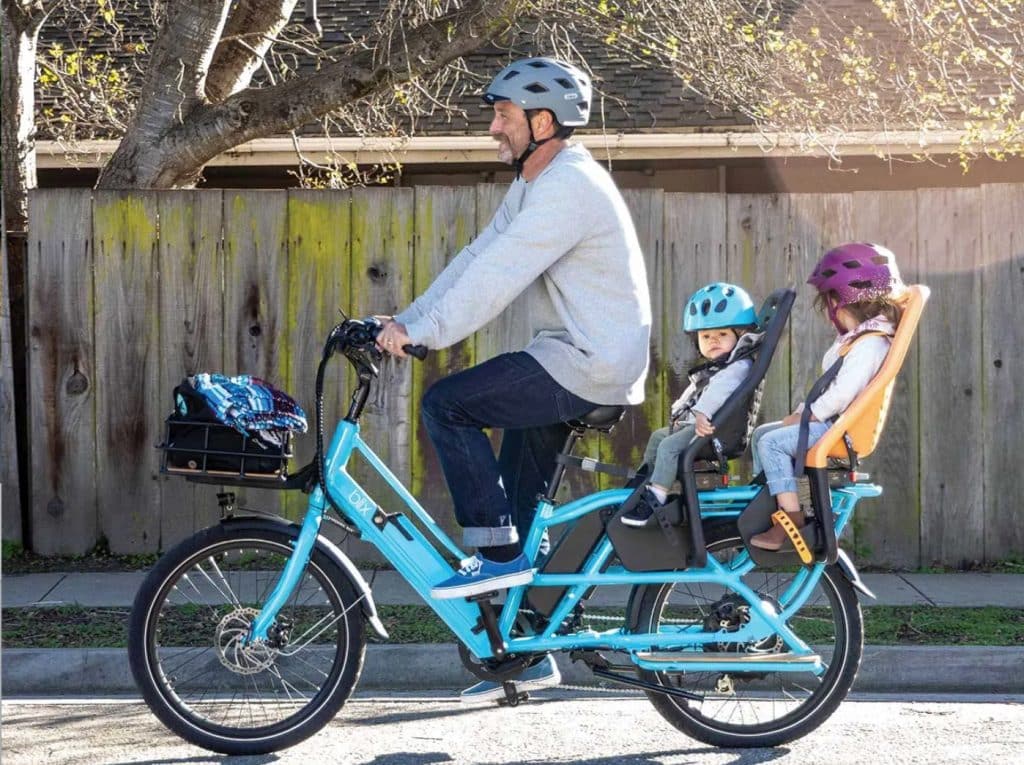
E-bikes and New City Infrastructure
Another COVID-related trend is an explosion of e-bike sales. E-bike manufacturers and vendors are reporting a sharp increase in interest and sales. Stores in Portland, Oregon, are reporting that more customers are making e-bike investments both because they want to avoid taking mass transit (an unfortunate result of COVID) and because they now feel safer riding with the reduced traffic resulting from the COVID shutdown.
Cities across the world are also using this moment to permanently close streets to cars and give micromobility the space it needs to thrive.
Could the effects of COVID on transportation patterns leave our cities and towns more livable and less auto dependent?
The Affordability of Used EVs
As we deal with the economic fallout and double-digit unemployment resulting from shutdowns, used EVs become even more compelling, as they offer affordable clean transportation to those who need it most. Many first-generation, low-mileage electric cars can be purchased for between $5,000 and $10,000. Couple this with rebates for used electric cars (in some states) as well as incredible fuel and maintenance savings, and a used EV becomes the poster child for what affordable transportation in the COVID economy could look like.
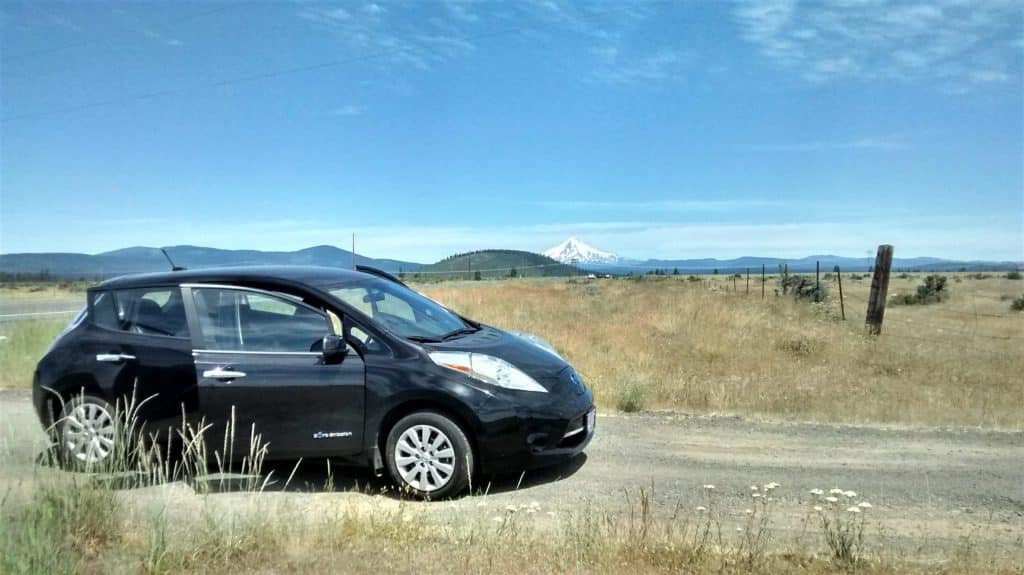
EVs Doing Good
And finally, we’re seeing EVs simply doing good. At the nonprofit Forth in Portland, one of my colleagues has coordinated use of our fleet of EVs to deliver meals for laid off workers in the restaurant industry. He and several others have driven over 4,900 miles delivering almost 5,000 meals since COVID began.
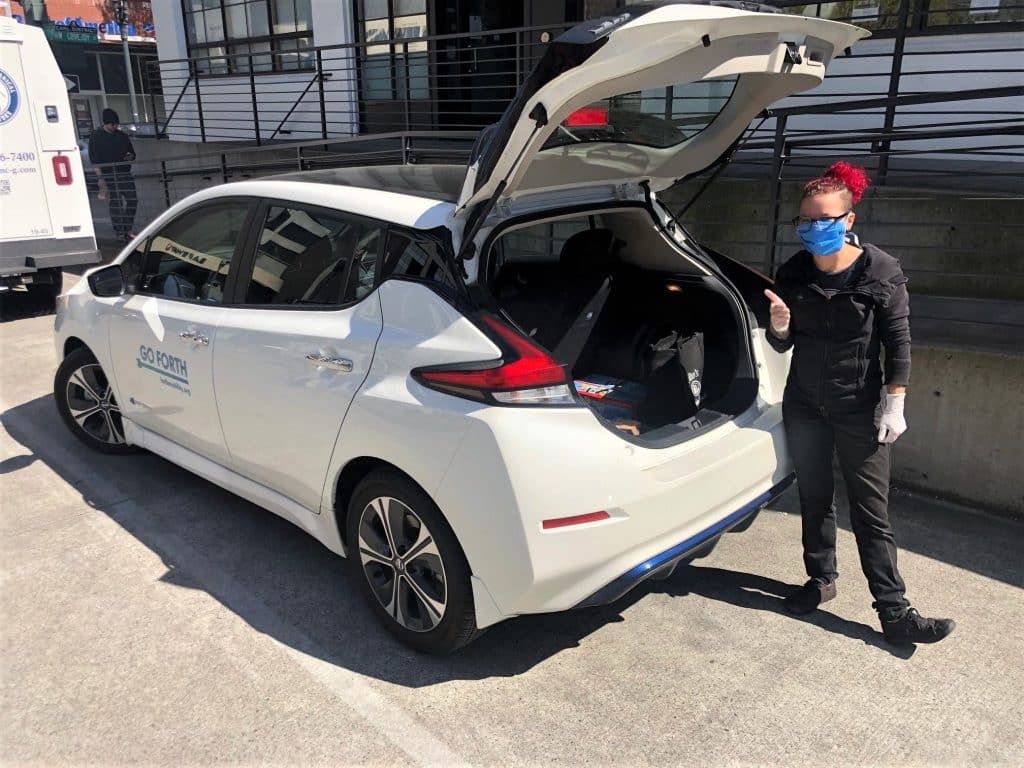
Another nonprofit organization, Virginia Garcia, is using electric cars to deliver medical care and COVID testing to agricultural workers in our region. They’re combining clean transportation with good work in the community, and the world is better for it.

Crises come with vast potential for societal change, and COVID may offer an opportunity to highlight the benefits of electric transportation to the world. We’ve only just begun to see what our communities might look like with cleaner air, safer streets, more affordable cars and EVs meeting local needs. Let’s hope these trends continue and move us faster down the path toward an all electric future.
Original Publication by Joe Wachunas at CleanTechnica.
Want to buy a Tesla Model 3, Model Y, Model S, or Model X? Feel free to use my referral code to get some free Supercharging miles with your purchase: http://ts.la/guanyu3423
You can also get a $100 discount on Tesla Solar with that code. No pressure.


